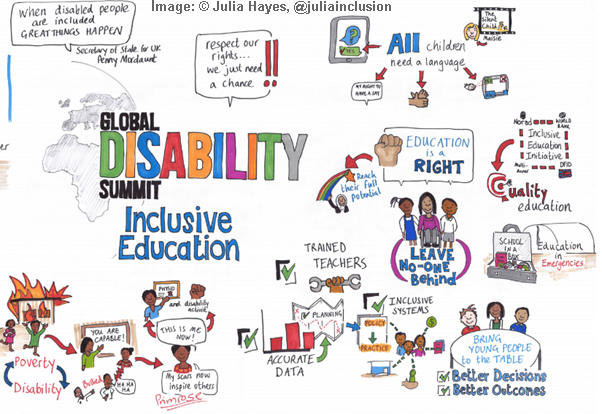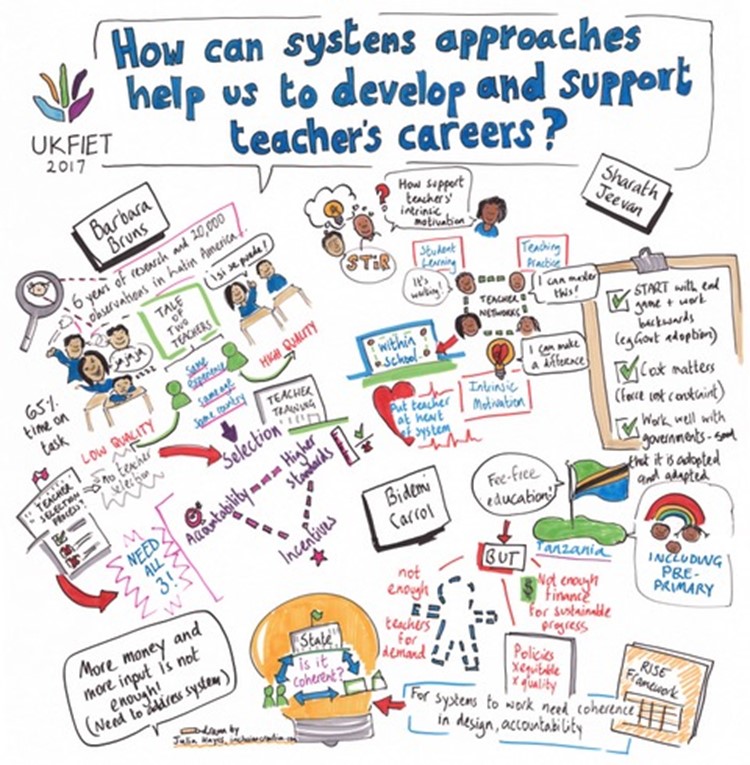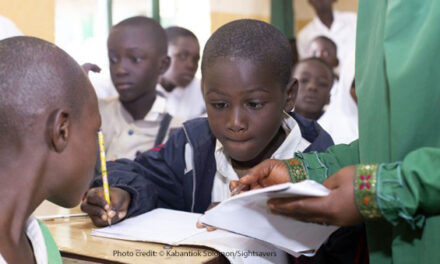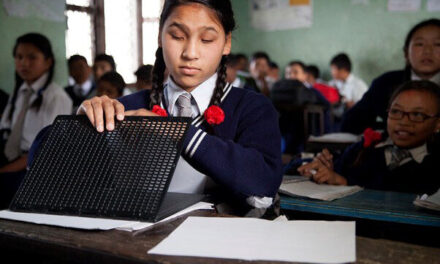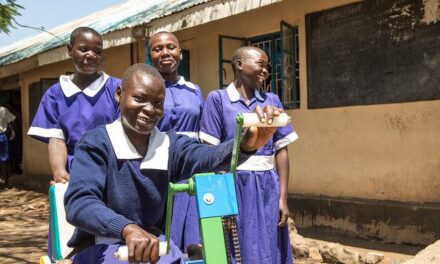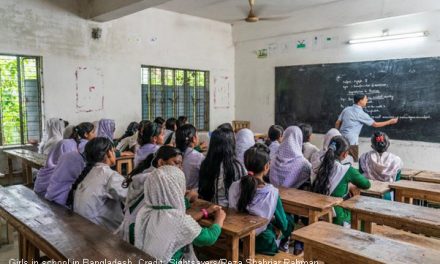On December 3 2020, for the annual celebration of people with disabilities, the theme for this year’s International Day of People with Disabilities (IDPWD 2020) is ‘Not All Disabilities Are Visible’.
According to the WHO World Report on Disability 2011, 15 per cent of the world’s population, or more than 1 billion people, are living with disability. Of this number, it’s estimated 450 million are living with a mental or neurological condition— and two thirds of these people will not seek professional medical help, largely due to stigma, discrimination and neglect.
This global estimate for disability is on the rise due to population ageing and the rapid spread of chronic diseases, as well as improvements in the methodologies used to measure disability.
During the COVID-19 pandemic, isolation, disconnect, disrupted routines and diminished services have greatly impacted the lives and mental well-being of people with disabilities right around the world. Spreading awareness of invisible disabilities, as well as these potentially detrimental— and not always immediately apparent— impacts to mental health, is crucial as the world continues to fight against the virus.
The UKFIET community has published several blogs on issues relating to disability and education over the years, and our 2019 biannual conference focused on Inclusive Education Systems. Here is a selection of some of these articles, but we encourage you to keep checking back on our website for more news from across the education community, as we work together to try and integrate the needs of ALL learners into education systems across the world.
Empowering girls with disabilities through radical inclusion during and beyond COVID-19: Marie’s story
by Eric Musa, Sightsavers
Emerging from COVID-19 pandemic: A social inclusion approach to educating learners with disabilities
by Charlotte McClain-Nhlapo, World Bank
How to reach children with disabilities during school closures
by Guy le Fanu, Sightsavers
Examining Disability Inclusion in India’s New National Education Policy
by Tanushree Sarkar, Vanderbilt University
‘Education for All’ under Lockdown: the path ahead for inclusion of children with disabilities
by Seema Nath, University of Cambridge
An inclusive response to COVID-19: Education for children with disabilities
by Charlotte McClain-Nhlapo, World Bank
Creating an inclusive school environment: special educational needs and disability
by Phil Dexter, British Council
Inclusive education for children with disabilities: the development challenge
by Guy le Fanu, Sightsavers
Making disability heterogeneous in Pakistan: A Case for Using the Module on Child Functioning
by Muhammaad Afzan Munir, ITA/ASER Pakistan
Turning Global Disability Summit promises into reality
by Nidhi Singal, University of Cambridge and Anderson Gitonga, United Disabled Persons of Kenya
From Promises to Action: Education and Disability in the Global South
by Seema Nath, University of Cambridge
Research on children with disabilities influences education policy in Pakistan
by the Impact Initiative
Raising the profile of inclusive education at the Global Disability Summit, July 2018
by Jaqui Mattingly, Education Development Trust

